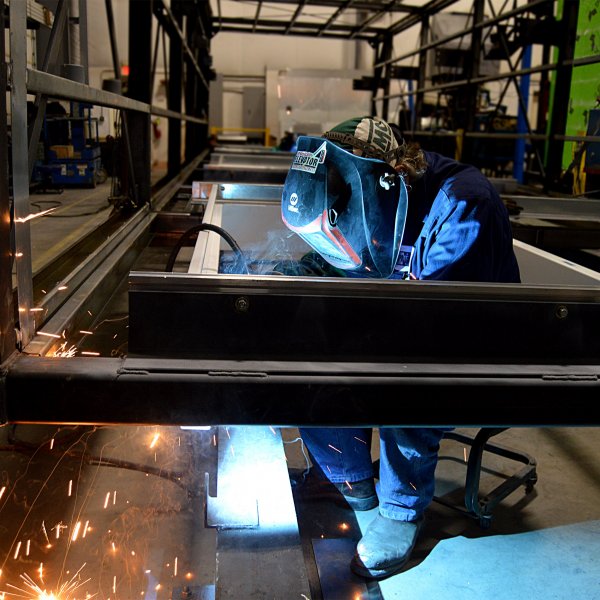How can we do this in Bloomington?

We can provide financing and knowledge, training and incentives to those looking to form alternative institutions to tackle our problems and improve our community. And we can work to support and grow those institutions we already have. We may not be able to do all of this. We have limited resources, after all, and massive problems to tackle. But in many cases, a little help from the city could go a long way.
We should follow the Cleveland Model, and support the formation of worker cooperatives around our anchors.
We should identify the needs of our anchor institutions - Indiana University and IU Health Bloomington Hospital - and facilitate the formation of worker cooperatives to sustainably serve those needs. We can form a fund that provides startup funding to those interested in forming worker cooperatives. We can work with IU SPEA and the the City's Department of Economic and Sustainable Development to provide knowledge and support.
We should encourage local business owners to form worker cooperatives.
Worker cooperatives don't just need to be centered on the anchor institutions. Any business could theoretically be a worker cooperative. And selling a business to its employees is a fantastic option for local business owners who want to retire, or even just take a step back, but don't want to see the business die.
We should provide those who might be interested with resources, training, and incentives. We should offer knowledge and resources to any local business owners curious about the option, and we should offer tax incentives to encourage those who are interested in pursuing it.
We should work to grow our housing cooperative and form new ones.
Housing cooperatives are a great option for providing affordable housing. Non-profit and governed by their members, cooperatives can offer affordable rental housing in an equitable, just, and democratic way. Housing cooperatives don't have to mean communal, dorm style housing. Cooperative just means democratically governed by its residents. Our existing housing cooperative, Bloomington Cooperative Living, is looking to grow so it can better serve families and seniors with both communal and single family or apartment housing. We should help them.
We should also encourage and assist the formation of other housing cooperatives in the Bloomington housing market. Because cooperatives are governed by their members, there's no incentive to drive up rents. Quite the opposite, the incentive is to keep rents as low as possible. This often means that cooperatives struggle to grow, because there is always tension between growth and maintaining affordability. This is where the city can help with financing and support. If we can help the cooperative economy grow enough, it can eventually compete with the for-profit rental economy and have a real impact on rental housing prices through out the city.
We should work to form community land trusts to fight gentrification and maintain housing affordability.
Community Land Trusts provide another option for preserving housing affordability. Community Land Trusts separate land ownership from home ownership. The land trust is a non-profit institution that owns the land on which a house rests, and grants homeowners lifetime renewable ground leases. The homeowner owns the building - gaining equity which can be eventually recouped when sold - but the Community Land Trust dictates that the home can only increase in value a certain amount, maintaining permanent affordability.
We should work to help establish and support Community Land Trusts in our core neighborhoods to help maintain those neighborhood's affordability for the foreseeable future. The city could help them get established by providing financing through the Affordable Housing Fund and providing resources, training, and knowledge through the Department of Economic and Sustainable Development.
We should work to support a healthy local food system.
As climate change advances, it will cause chaos in our current food system. Already many suffer from lack of access to healthy, fresh fruits and vegetables. We have a wealth of great local farms, we should work to support them. And we should encourage them to explore promising new agro-ecology methods that could allow those farms to support us and the wider ecology at the same time.
We should work to establish a local food certification program.
We can help make organic food cheaper by removing the need for expensive (and increasingly weak) organic certification. We can offer a local organic and regenerative certification, with multiple tiers, at no cost to local farmers. We should work in concert with the county government and local farmer institutions like the farmer's markets to establish and maintain a certification program.
We should help get land into farmer's hands.
We should work with the County, local institutions, and property owners to see if we can get land into the hands of those who want to pursue ecological farming methods. Access to land is one of the biggest barriers preventing many who want to farm from getting their hands in the dirt. The more farmers we have using agro-ecological methods, the more diversity of approaches in our local food system, the more resilient our community will be.
We can do so much more to build a better world.
Changing the system doesn't have to come from the top down. We can start building a new economy right here in Bloomington, from the bottom up, with a little help from the community.